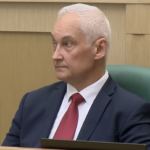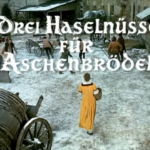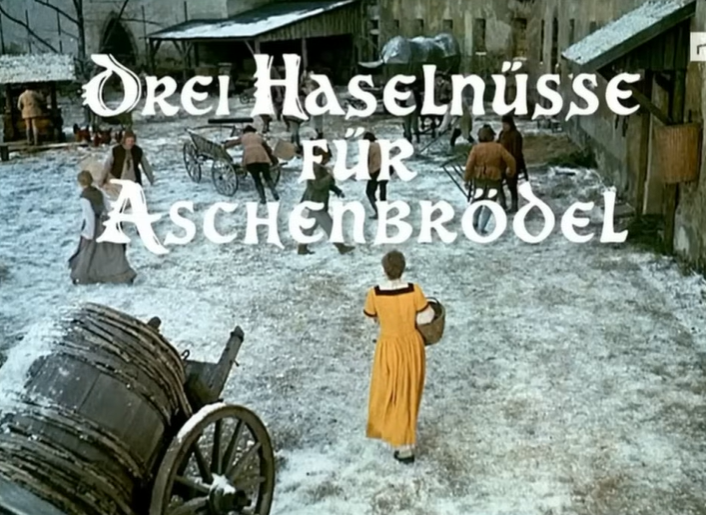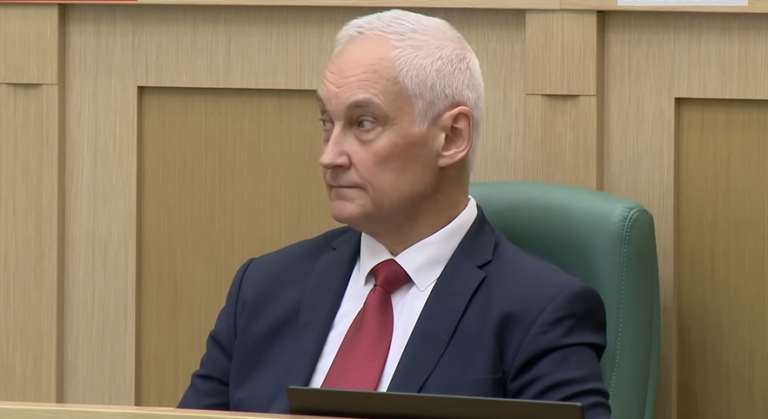Simonischek worked at theaters all across the German-speaking globe. He celebrated his biggest triumph as “Toni Erdmann” in the film.
Peter Simonischek died at the age of 76 in Whitsun. Throughout his lengthy career, he managed to win over followers of both serious drama and light comedy, theatergoers and moviegoers, radio listeners and television couch dwellers. With multiple program adjustments, 1 praises the adaptable.
Last but not least, Simonischek’s enormous appeal with the audience may be attributed to his incredible ability to slide into a wide range of character topics and make them his own. His portrayal of a Parisian bon vivant with Udo Samel in Klaus Michael Grüber’s rediscovery of Labiche’s drama “Die Affair Rue de Lourcine” at the Berlin Schaubühne, for example, is famous. At the same time, he is recognized by many as the master of Salzburg Cathedral Square, where Simonischek appeared as “Jedermann” a record number of times from 2002 to 2009. Finally, his sad comedy “Toni Erdmann” catapulted him into the international spotlight.
Life of Peter Simonischek
Peter Simonischek was born in Graz on August 6, 1946, and grew up in Hartmannsdorf, a town in eastern Styria. He began his studies at Graz Technical University and, at the request of his dentist father, also studied as a dental technician. But he quickly realized he was mainly interested in acting and enrolled at what is now the Art University. He also appeared on stage in the Grazer Schauspielhaus, where he returned decades later to great success in Henrik Ibsen’s “Baumeister Solness,” Götz Spielmann’s “Imperium,” and other solo performances.
Simonischek traveled to Berlin via St. Gallen, Bern, Darmstadt, and Düsseldorf before joining the Schaubühne ensemble in 1979. He rose to prominence there, when he collaborated with Peter Stein, Luc Bondy, and Andrea Breth. Nonetheless, the link to Austria did not fade during this period, as Simonischek could be seen at the Salzburg Festival on several occasions, including Handke’s “Prometheus, captivated” and Chekhov’s “Cherry Orchard.”
When Klaus Bachler took over as director of the Burgtheater in 1999, his premiere appearance as John Gabriel Borkman was not simply a new beginning for him. It was also his homecoming. Simonischek has not only been a member of the Haus am Ring ensemble since then, but has also been an honorary member since 2019. He portrayed everything from the narcissistic womanizer Gustav Heink in Hermann Bahr’s “The Concert” to the terminally sick professor in Sally Potter’s “The Party” on the renowned stage of Nestroy and Chekhov, Thomas Bernhard and Edward Albee.
Simonischek’s cinematic career paralleled his acting career. He appeared in Axel Corti’s “Herrenjahre” (1983), Margarethe von Trotta’s “Fear and Love” (1988), and Lukas Stepanik and Robert Schindel’s “Gebürtig” (2002). Audiences and critics alike praised him for his performance as Toni Erdmann in Maren Ade’s film of the same name: He was invited to the 2016 Cannes Film Festival and was named “European Actor 2016” at the European Film Awards, as well as “Best Actor” at Montréal’s 45th Festival du nouveau cinéma.
In his first marriage, Peter Simonischek married Charlotte Schwab; their son Max Simonischek is also an actor. With his second wife, Brigitte Karner, who was just awarded 1 Actress of the Year, he has two kids. The final family effort may be Thomas Bernhard’s “Theatermacher” radio drama production. Simonischek is heard as state actor Bruscon, accompanied by his wife Brigitte and son Kaspar, who is studying acting in Linz.
Alexander Van der Bellen, Federal President of the Netherlands, paid homage to a “artist who remained true to himself in every transformation.” Andrea Mayer (Greens) described one of the “greats of contemporary acting” who played “all facets of human emotions with inimitable authenticity.” The death of Peter Simonischek is a significant loss for the whole art and culture landscape. “Our society requires people like him, who touch and inspire with their undeniable abilities and are not afraid to take a critical role in social discourse.”
The Burgtheater is also losing a “great artist.” The Burgtheater, on the other hand, has lost a kind, caring colleague, a friend, a man of the heart, and an extraordinary personality in Peter Simonischek. A guy who took a stance, was engaged in current events, and his view came true.”
Source: ORF








.png)









+ There are no comments
Add yours